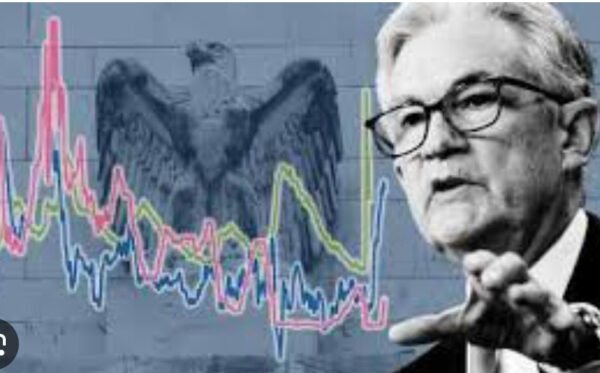$SPX $DOWI $QQQ
#StockMarket #SP500 #DowJones #Nasdaq #RetailSales #USEconomy #InterestRates #Inflation #FederalReserve #BondYields #Investing #Trading
The U.S. stock market showed resilience on Friday, managing to shake off a weaker-than-expected retail sales report as lower bond yields provided support for equities. The S&P 500 Index ($SPX) edged lower by 0.01%, while the Dow Jones Industrial Average ($DOWI) declined 0.37%. The technology-heavy Nasdaq 100 ($QQQ), in contrast, gained 0.38%, driven by strong performance from large-cap tech stocks. Futures markets signaled cautious optimism, with March E-mini S&P futures (ESH25) remaining flat and March E-mini Nasdaq futures (NQH25) inching higher. Investors appeared to balance concerns over weaker consumer spending with the relief that cooling economic data could ease pressure on the Federal Reserve to maintain higher interest rates for an extended period.
Retail sales data for the prior month came in below expectations, raising concerns about the strength of consumer spending, a critical driver of U.S. economic growth. While analysts had projected modest gains, the reported figures indicated a slowdown, reflecting consumers possibly adjusting their spending habits in response to high interest rates and persistent inflationary pressures. However, the weaker retail sales report also meant that the Federal Reserve may not need to act aggressively in terms of monetary tightening. The result was a decline in U.S. Treasury bond yields, which provided some relief to equity markets, particularly growth-oriented sectors such as technology. Market participants largely interpreted the data as a sign that the economy could be slowing just enough to keep the Fed from hiking rates further.
Lower bond yields typically make stocks more attractive, as they reduce borrowing costs for businesses and enhance the relative appeal of equities compared to fixed-income investments. On Friday, the yield on the 10-year U.S. Treasury note edged lower, contributing to the positive momentum in interest-rate-sensitive sectors. Technology stocks, which are particularly sensitive to changes in yields, benefited from this trend, leading the Nasdaq to outperform the broader market. Investors also seemed to be positioning themselves ahead of next week’s economic data and corporate earnings reports, which could provide further insight into the state of the economy and the Federal Reserve’s next policy moves.
Looking ahead, market sentiment remains focused on key macroeconomic data and upcoming Federal Reserve communication. If additional indicators suggest that economic activity is slowing while inflation remains under control, it could reinforce expectations that the Fed may ease its stance on interest rates. Conversely, any signs of persistent inflationary pressure could renew concerns that rates will stay elevated for longer. For now, the market appears to be navigating a delicate balance between economic headwinds and expectations for a less restrictive monetary policy environment in the coming months.







Comments are closed.